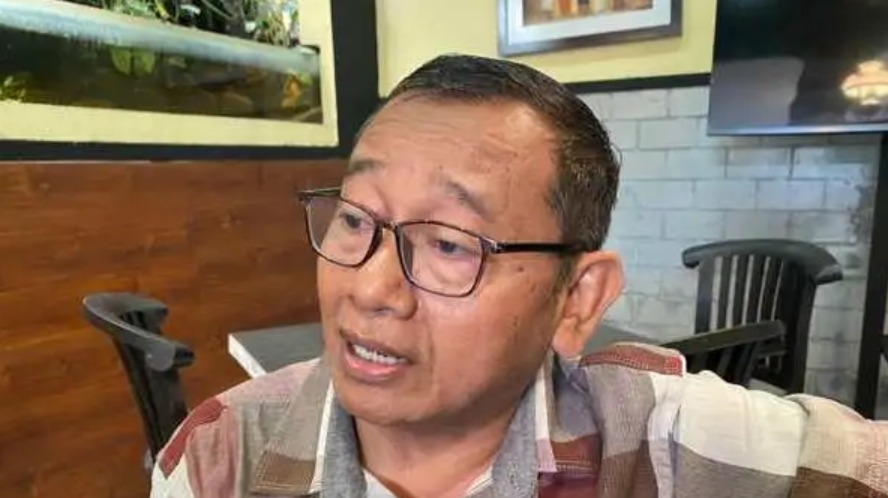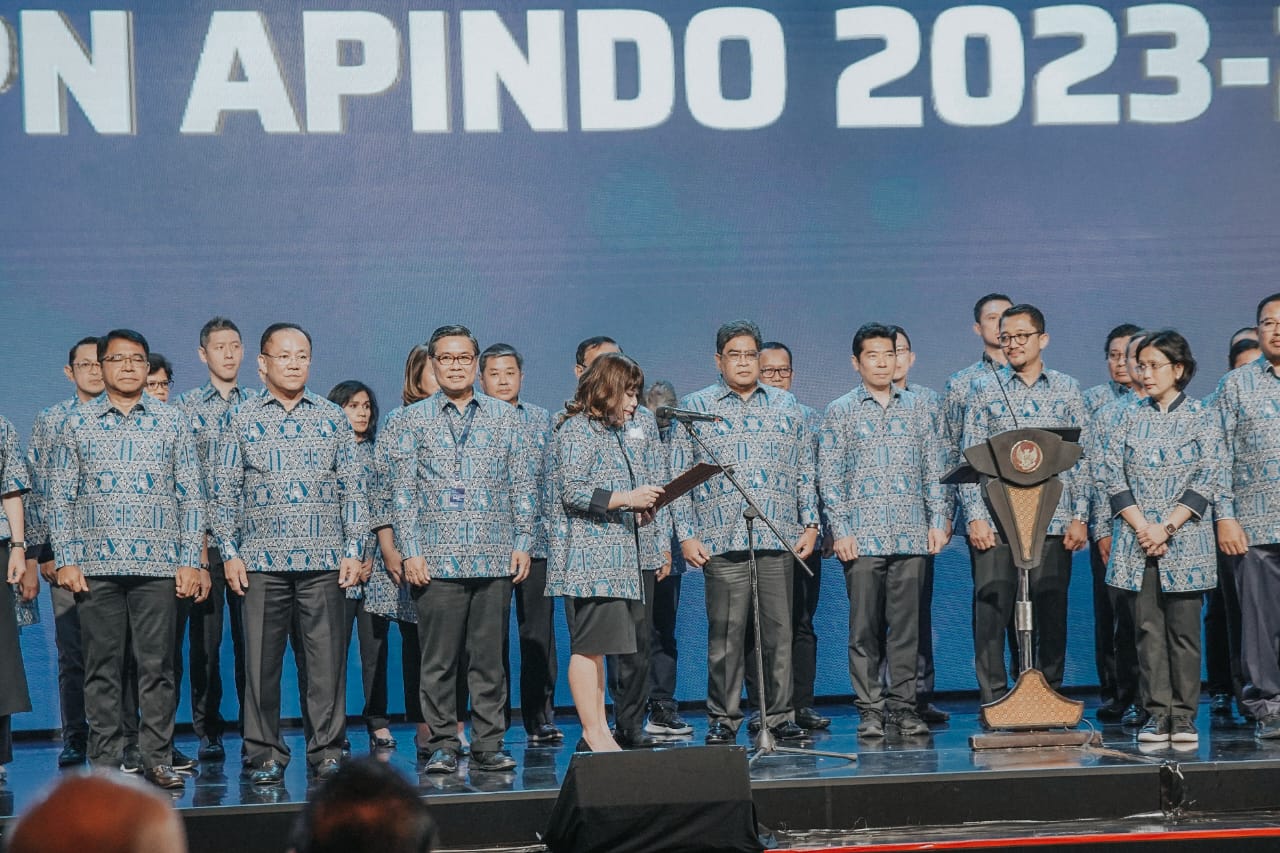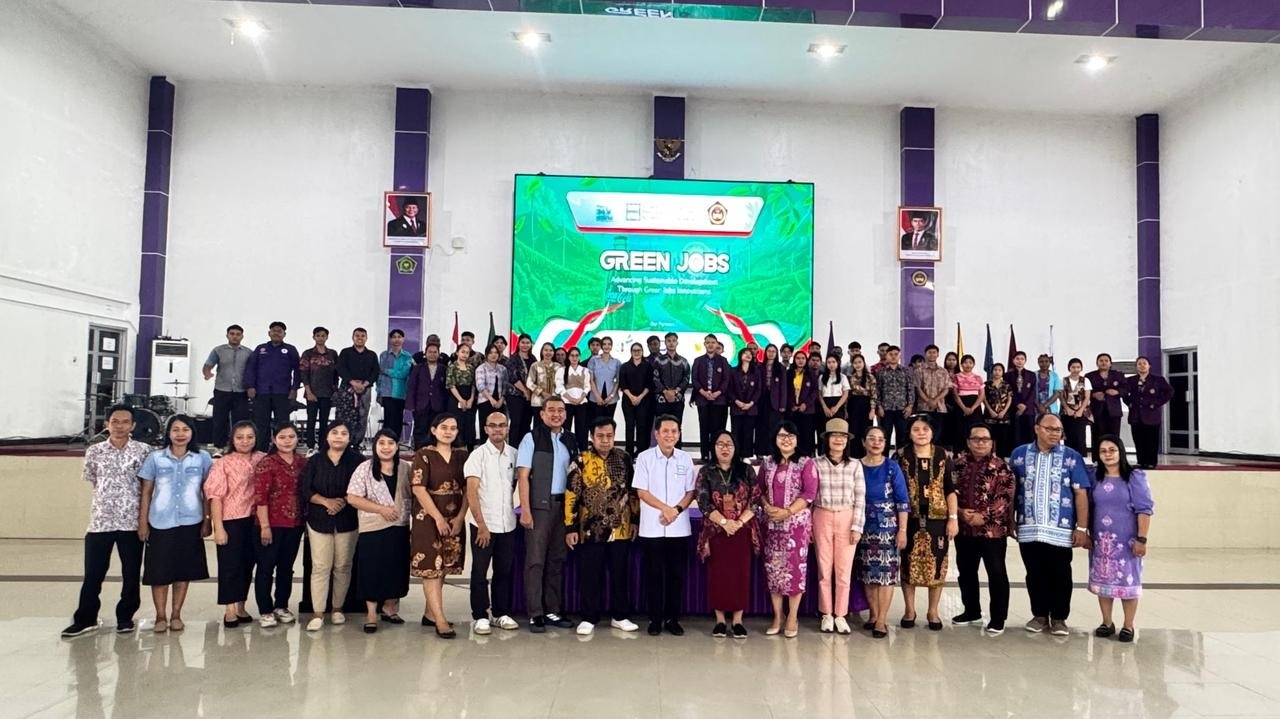Boyolali APINDO Concerned U.S. Import Tariffs May Lead to Long-Term Layoffs
Wednesday, 09 April 2025
BOYOLALI – The Indonesian Employers’ Association (APINDO) Boyolali has expressed concern over the long-term impact of the reciprocal U.S. import tariffs of 32% imposed on Indonesian goods, a policy enacted by U.S. President Donald Trump. Labor-intensive and textile companies in Boyolali are expected to face significant pressure under this policy.
Chairman of APINDO Boyolali, Imam Bakhri, hopes the Indonesian government can engage in effective lobbying efforts to convince the U.S. to revoke the policy.
He added that if the policy cannot be entirely withdrawn, there should at least be a push to reduce or delay the implementation of the tariffs.
“This policy is extremely burdensome—not only for the textile, garment, and labor-intensive sectors, but also for mining,” he told Espos on Wednesday, April 9, 2025.
Imam explained that the 32% import tariff has not yet resulted in mass layoffs (PHK), but companies are already beginning to cut costs by, for example, reducing the number of contract workers.
What’s more concerning, he emphasized, is the long-term impact if the 32% tariff on goods exported to the U.S. remains in effect.
“If companies can no longer make cost reductions, layoffs will be inevitable,” he said, noting that several export-oriented, labor-intensive industries in Boyolali—such as bags, footwear, and leather—will be directly affected. “The garment sector will also suffer. Hopefully, the situation improves soon and the government’s lobbying leads to a mutually beneficial outcome,” he added.
Imam noted that many entrepreneurs were shocked by Trump’s policy, especially since there were previously no such tariffs on Indonesian goods.
As for alternative export markets, APINDO Boyolali’s business members currently have no specific plans and are waiting to see the outcome of the government’s diplomatic efforts.
He expressed high hopes that Indonesia’s lobbying efforts will be successful, so the negative effects of the 32% tariff won’t persist.
“Of course, there’s anxiety, especially in the business world. These tariffs clearly target labor-intensive sectors, which employ large numbers and have high export volumes. If the policy continues long-term, layoffs could happen everywhere, even though no immediate job cuts have occurred so far,” he explained.
Previously, Frans Kongi, Chairman of APINDO Central Java, described Trump’s decision to impose the additional tariffs on global imports as “quite extreme.”
He argued that reciprocal tariffs would create economic uncertainty and could trigger a global recession.
“This isn't just about Indonesia—the entire world is affected. In the next month, we will likely see serious disruption,” Frans told Espos on Monday, April 7, 2025.
According to him, the primary disruption is the difficulty in exporting labor-intensive industrial products to the U.S. The 32% import duty is expected to increase prices, which may lead to a decline in U.S. consumer purchasing power.
“American buyers may stop placing orders due to rising prices. But the U.S. will also suffer—consumers there might protest because they need affordable goods. So, I don't think we should panic too much,” he said. “Right now, we need to remain united. The government is taking action. A negotiation team is in place, and collaboration with ASEAN countries is underway. We hope those efforts succeed,” he added.
Despite the turbulence, APINDO Central Java is committed to avoiding mass layoffs. If the situation worsens, the most drastic step employers might take is temporary furloughs.
“The drop in orders due to price hikes is causing overstock. Overstock forces production cuts, which in turn may lead to temporary employee furloughs. But it won’t lead to mass layoffs—such reactions would be excessive, especially if the government continues to respond swiftly,” he concluded.
Source: solopos.espos.id









